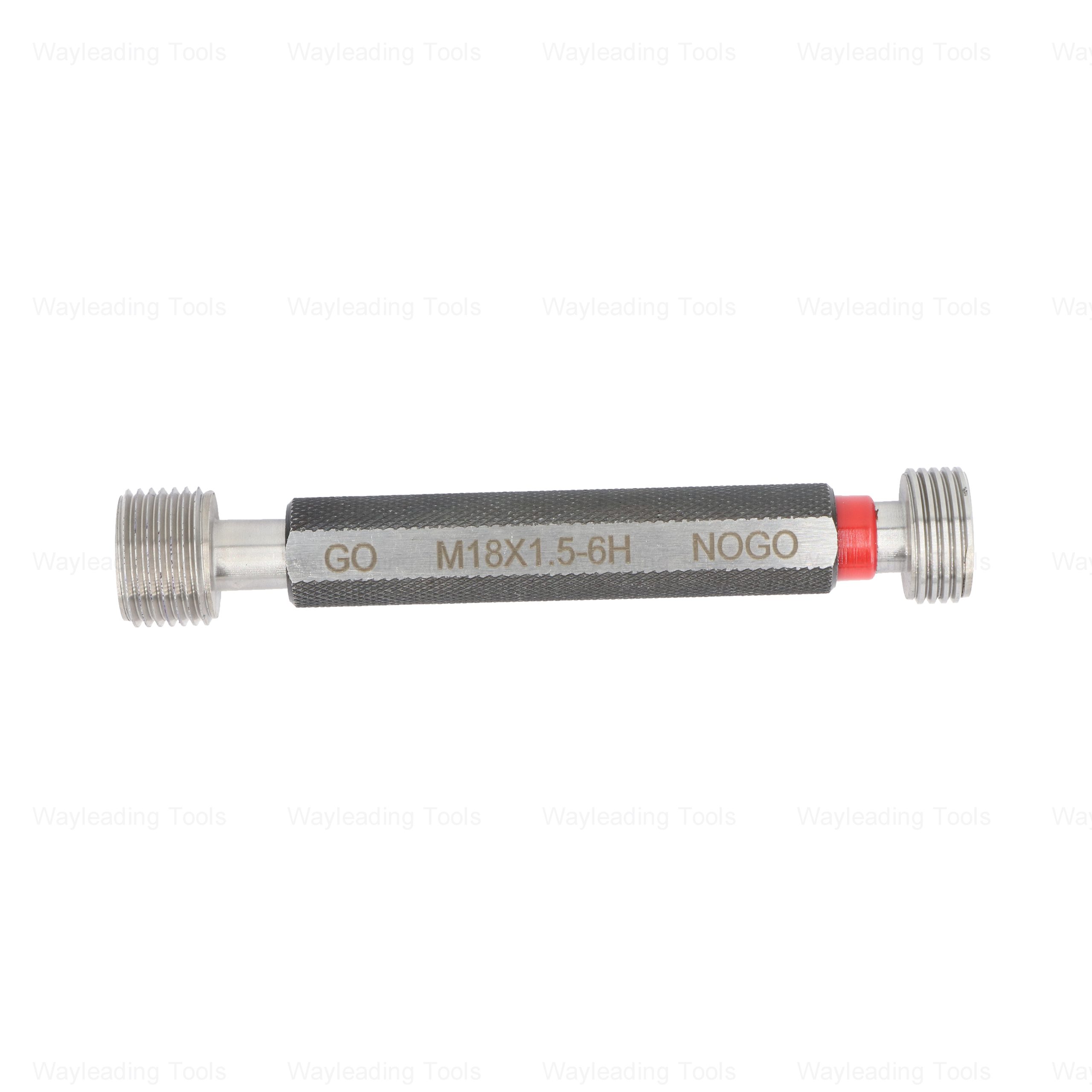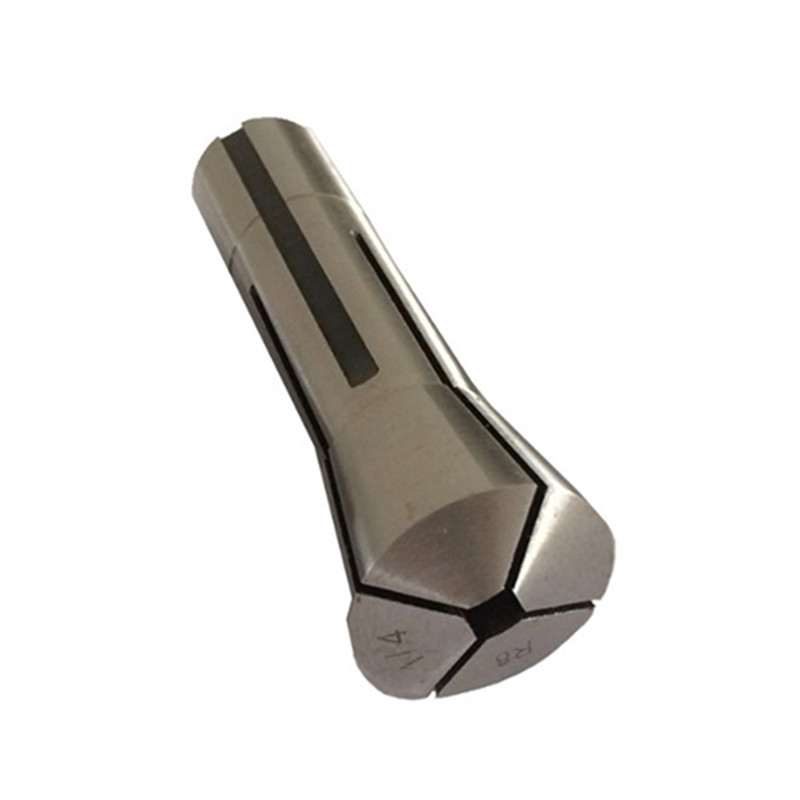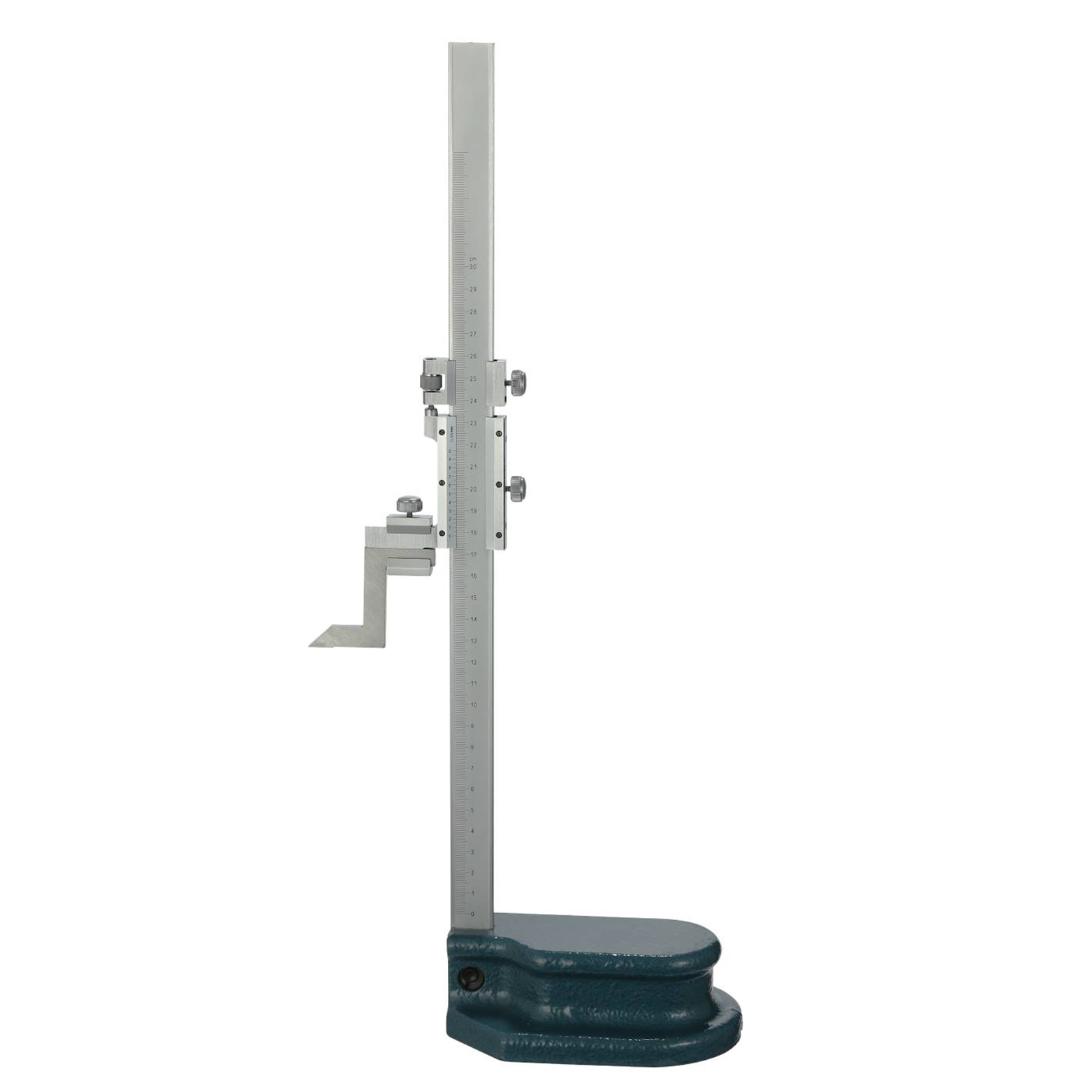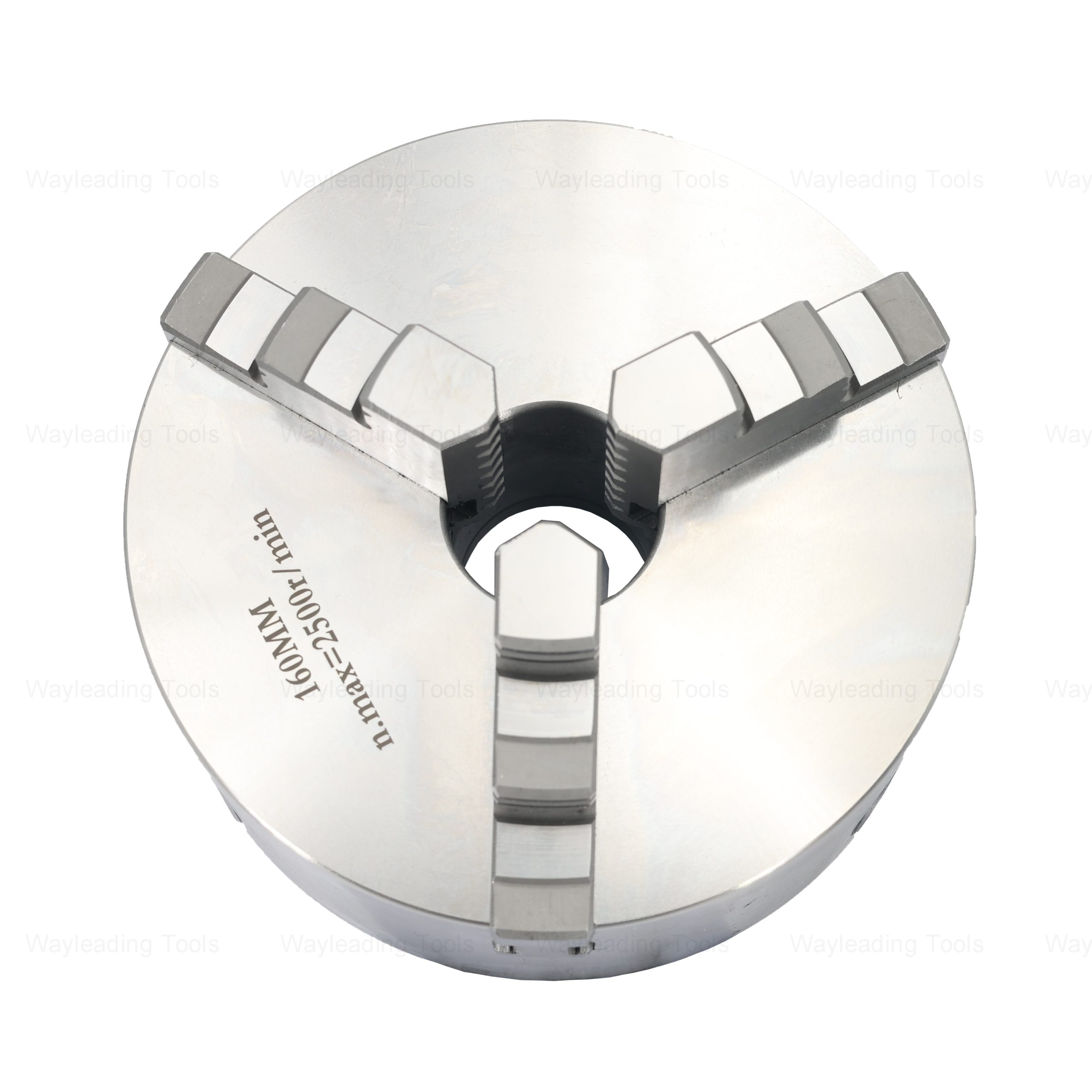carbide end mills Supplier
Carbide end mills are essential cutting tools used in various machining operations, known for their hardness, wear resistance, and ability to maintain a sharp cutting edge at high temperatures. This article explores different types of carbide end mills, their applications, key considerations for choosing the right mill, and factors to consider when selecting a carbide end mills supplier. Understanding these aspects ensures efficient and precise material removal, ultimately improving manufacturing outcomes.
Understanding Carbide End Mills
Carbide end mills are rotary cutting tools with one or more flutes used for milling operations. They are made from a composite material of tungsten carbide and cobalt, offering superior hardness and heat resistance compared to high-speed steel (HSS) end mills. This makes them ideal for machining tough materials like stainless steel, titanium, and hardened alloys.
Types of Carbide End Mills
Carbide end mills come in various shapes and sizes, each designed for specific applications:
- Square End Mills: General-purpose mills for profiling, slotting, and facing operations.
- Ball Nose End Mills: Used for creating contoured surfaces, 3D profiling, and finishing cuts.
- Bull Nose End Mills: Feature a rounded corner for increased strength and reduced chipping, suitable for roughing and semi-finishing.
- Roughing End Mills: Designed for rapid material removal with serrated cutting edges.
- Corner Radius End Mills: Have a defined radius on the cutting edge to reduce stress and improve tool life.
- Tapered End Mills: Used for machining tapered features and complex geometries.
Coatings for Carbide End Mills
Coatings enhance the performance and lifespan of carbide end mills. Common coatings include:
- Titanium Nitride (TiN): Increases hardness and wear resistance.
- Titanium Carbonitride (TiCN): Provides higher hardness and abrasive wear resistance than TiN.
- Aluminum Titanium Nitride (AlTiN): Offers excellent heat resistance and is suitable for high-speed machining.
- Diamond-Like Carbon (DLC): Reduces friction and prevents built-up edge, ideal for non-ferrous materials.
Applications of Carbide End Mills
Carbide end mills are widely used in various industries, including:
- Aerospace: Machining components for aircraft engines, airframes, and landing gear.
- Automotive: Manufacturing engine parts, transmission components, and chassis elements.
- Medical: Producing surgical instruments, implants, and medical devices.
- Mold and Die: Creating molds and dies for plastic injection molding, die casting, and stamping.
- General Manufacturing: Machining a wide range of parts for various industrial applications.
Key Considerations When Choosing Carbide End Mills
Selecting the right carbide end mills is crucial for achieving optimal machining performance. Consider the following factors:
Material to be Machined
The material being machined significantly impacts the choice of carbide end mills. For example:
- Steel: Requires end mills with high hardness and wear resistance.
- Aluminum: Needs end mills with sharp cutting edges and coatings that prevent built-up edge.
- Stainless Steel: Demands end mills with high heat resistance and chip evacuation capabilities.
- Titanium: Requires end mills with high strength and coatings that reduce friction.
Machining Operation
The specific machining operation dictates the type of end mill required. Roughing operations need end mills with high material removal rates, while finishing operations require end mills with precise cutting edges.
Machine Tool Capabilities
The capabilities of the machine tool, such as spindle speed, feed rate, and horsepower, influence the selection of carbide end mills. Ensure that the end mill is compatible with the machine's specifications.
Number of Flutes
The number of flutes affects the chip load and material removal rate. Fewer flutes are suitable for softer materials, while more flutes are better for harder materials.
End Mill Geometry
The geometry of the end mill, including helix angle, rake angle, and relief angle, influences the cutting performance and chip evacuation. Choose an end mill with geometry optimized for the specific material and operation.
Finding a Reliable Carbide End Mills Supplier
Selecting a reputable carbide end mills supplier is essential for ensuring the quality and performance of the cutting tools. Here are some factors to consider:
Product Quality and Consistency
A reliable carbide end mills supplier should offer high-quality end mills with consistent performance. Look for suppliers with ISO certifications and quality control processes.
Product Range and Customization
Choose a supplier with a wide range of carbide end mills to meet your specific needs. A supplier that offers customization options can provide end mills tailored to your unique applications.
Technical Support and Expertise
A knowledgeable supplier should provide technical support and expertise to help you select the right carbide end mills for your application. They should be able to answer your questions and provide guidance on cutting parameters.
Pricing and Delivery
Compare pricing from different suppliers to ensure that you are getting a competitive price. Consider the supplier's delivery capabilities and lead times to ensure that you receive your end mills on time.
Reputation and References
Check the supplier's reputation and references to gauge their reliability and customer satisfaction. Look for online reviews and testimonials from other customers.
Wayleading Tools: Your Trusted Carbide End Mills Supplier
At Wayleading Tools, we understand the importance of high-quality cutting tools for efficient machining operations. As a leading carbide end mills supplier, we offer a comprehensive range of end mills designed to meet the diverse needs of our customers. Our carbide end mills are manufactured to the highest standards, ensuring consistent performance and long tool life.
Our Carbide End Mills Product Range
We provide a wide array of carbide end mills, including:
- Square End Mills
- Ball Nose End Mills
- Bull Nose End Mills
- Roughing End Mills
- Corner Radius End Mills
- Tapered End Mills
Why Choose Wayleading Tools?
- High-Quality Products: Our carbide end mills are made from premium materials and undergo rigorous quality control processes.
- Customization Options: We offer customization options to tailor end mills to your specific requirements.
- Technical Support: Our team of experts provides technical support and guidance to help you select the right end mills.
- Competitive Pricing: We offer competitive pricing without compromising on quality.
- Timely Delivery: We ensure timely delivery of your orders to minimize downtime.
Conclusion
Selecting the right carbide end mills and a reliable carbide end mills supplier is crucial for achieving optimal machining performance and efficiency. By understanding the different types of end mills, their applications, and key considerations for choosing a supplier, you can make informed decisions that improve your manufacturing outcomes. Trust Wayleading Tools as your partner for high-quality carbide end mills and exceptional service. For any inquiries or custom requirements, feel free to contact us.
Table 1: Carbide End Mill Coating Comparison
| Coating | Hardness | Heat Resistance | Application |
|---|---|---|---|
| TiN (Titanium Nitride) | High | Moderate | General purpose, steel |
| TiCN (Titanium Carbonitride) | Very High | Moderate | Abrasive materials, cast iron |
| AlTiN (Aluminum Titanium Nitride) | High | High | High-speed machining, steel, stainless steel |
| DLC (Diamond-Like Carbon) | Moderate | Low | Non-ferrous materials, aluminum, plastics |
Related products
Related products
Best selling products
Best selling products-
 HSS Keyway Broach With Metric And Inch Size, Push Type
HSS Keyway Broach With Metric And Inch Size, Push Type -
 DIN338 HSS Twist Drill Bit Fully Ground Or TiN Coated
DIN338 HSS Twist Drill Bit Fully Ground Or TiN Coated -
 MT/R8 Shank Quick Change Tapping Chuck With MT & R8 Shank
MT/R8 Shank Quick Change Tapping Chuck With MT & R8 Shank -
 Dead Center For Morse Taper Shank
Dead Center For Morse Taper Shank -
 HSS DP Involute Gear Cutters With PA20 And PA14-1/2
HSS DP Involute Gear Cutters With PA20 And PA14-1/2 -
 HSS Metric & Inch Dovetail End Mill With 45 And 60 Degree For Industrial
HSS Metric & Inch Dovetail End Mill With 45 And 60 Degree For Industrial -
 High-Precision Metric Thread Plug Gauge – 6H Class, GO & NO-GO Ends
High-Precision Metric Thread Plug Gauge – 6H Class, GO & NO-GO Ends -
 Precision 10pcs & 12pcs Angle Blocks Set With High Quality Type
Precision 10pcs & 12pcs Angle Blocks Set With High Quality Type -
 Plain Back ER Collet Fixture With Lathe Collet Chuck
Plain Back ER Collet Fixture With Lathe Collet Chuck -
 30PCS HSS Metric And Inch Size MINI Tap & Die Set
30PCS HSS Metric And Inch Size MINI Tap & Die Set -
 Round Die Wrench For Thread Cutting Tools
Round Die Wrench For Thread Cutting Tools -
 Boring Head Shank For Boring Head With Industrial Type
Boring Head Shank For Boring Head With Industrial Type











